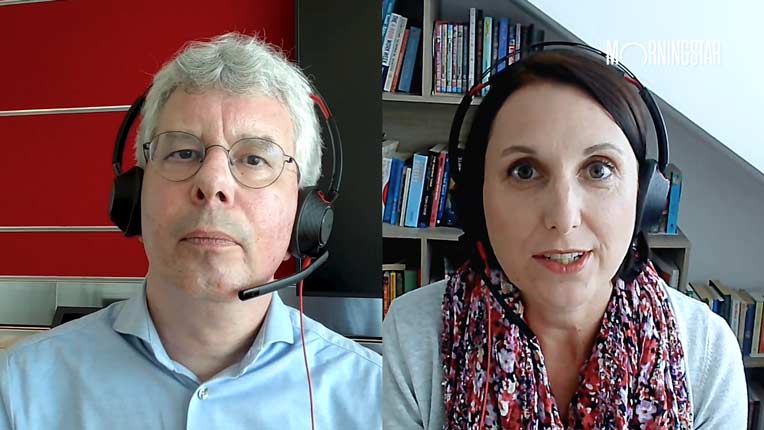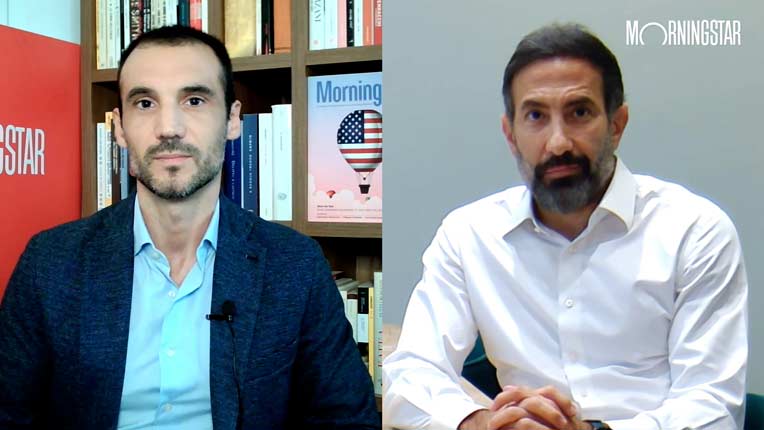Main takeaways:
1. While EM equities have underperformed, value stocks have been doing a lot better than growth stocks
2. Some of the funds worst hit by their exposure to Russia and growth offer future upside due to solid management
Lukas Strobl: Unserviceable debt, lockdowns in China, Russia isolated, emerging markets have had a rough year and have underperformed broader equities. I'm here with Morningstar fund analyst Mathieu Caquineau.
Mathieu, are there opportunities in all this?
Mathieu Caquineau: Yeah, you're right to say it's been difficult for emerging markets. I mean, you should look at the MSCI Emerging Markets Index is down 22% in dollars in the last 12 months. But what's interesting, Lukas, is that value investing as a style has outperformed growth. Looking at the MSCI Emerging Markets Growth, it's down almost 26%, whereas the value counterpart is down 17%. So, that style rotation actually started last year and has gained some momentum this year.
So, typical value segment of the market like energy, commodities, utilities or banks have outperformed. So, in that context, it's not surprising to see that value managers have done relatively better like Lazard Emerging Markets, for instance, led by James Donald and his team. We like this fund because they have a clear relative value approach. It's a bottom-up process, and they are patient and disciplined. And sometimes in the past that discipline has worked against them. They, for instance, stayed away from the tech giants in China in 2019 and 2020, and that was painful. But they stuck to their guns, and that has paid off recently, and we think this fund has good long-term merits for investors.
Strobl: Amidst this style rotation should we just keep our hands off growth-oriented funds?
Caquineau: You know, I don't think so. Fundamentally, we know investing style work in cycle and there is rotation typically after some market excess. So, as an investor, I understand it's tempting to try to time your allocation to different style, but that's a very hard thing to do right and do consistently, because simply, nobody knows when value or growth will do well and for how long. So, for most investors, the best idea is to stay diversified, take your profits regularly to maintain balance in your portfolio and stick to your long-term plan.
Strobl: Now, when it comes to the worst-hit funds, like those exposed to growth significantly, have any sold off enough to now be attractive?
Caquineau: Yeah. For instance, Fidelity Emerging Markets is a good example that took a big hit this year because they had exposure to Russia. They had little exposure to value corners of the market like energy. But we think this is a fund that remains a great long-term holding. It's run by Nick Price who has been here since 2009, enjoys Fidelity's large research teams on the ground, and he picks stocks from the firm's regional portfolio and that has worked well over time.
Another example that's been struggling this year is BlackRock Emerging Markets. This is not a pure growth fund. The manager Gordon Fraser is style agnostic. So, he is trying to blend top-down views with bottom-up stock selection. Evidently, his views so far this year have not worked well, but over time, he has proven his skills. He has built a respectable track record since 2017. So, investors shouldn't give up on that fund yet.
Strobl: So, there are places to make money amid the sell-off. Thank you for your insights, Mathieu. For Morningstar, I'm Lukas Strobl.





















